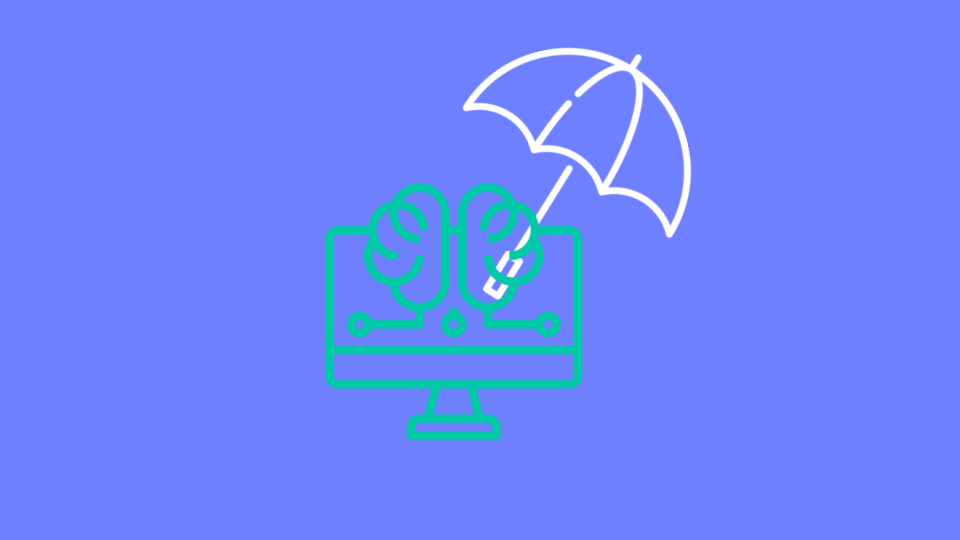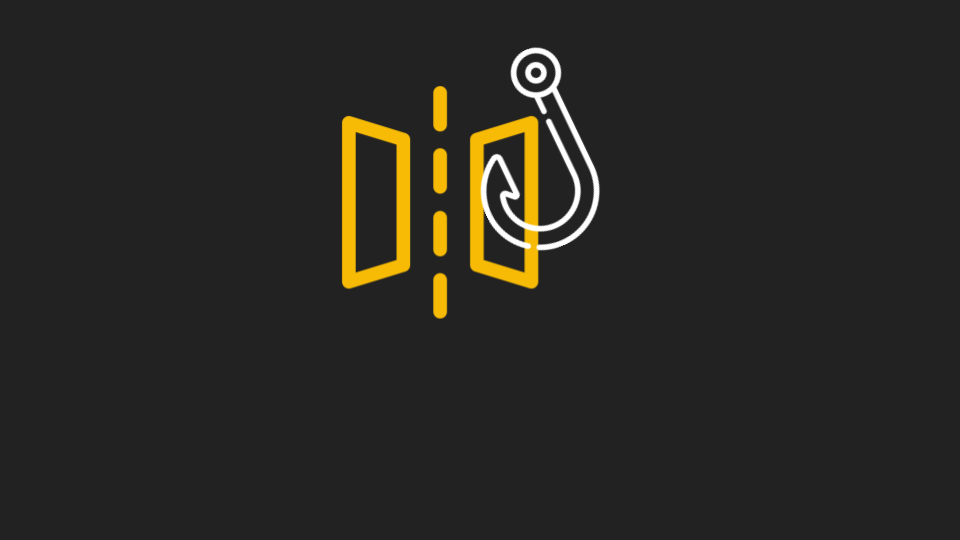Every email security vendor uses artificial intelligence. You'll see it marketed in big, bold letters on every vendor--including ours!--website.
This is not a bad thing. AI is essential for keeping up with today's threats. We've found that at least 51% of today's advanced threats require AI and ML.
You'll also find marketing that claims that not all AI is created equal. You'll find that marketing on our site, as well.
So if you're looking for advanced email security, how do you know what's truly good?
This analogy might help.
Let's say you were training an AI system to detect different bottles of wine. You want the AI to clearly state where the wine was grown, what grape was used and when it was bottled.
You could focus solely on French wines, feeding the AI all the French wines you could find. The AI would, over time, get fairly good at identifying a French wine.
However, if you were to try and test if the AI could identify, say, a Spanish wine, it would have no point of reference. It would be blind to other wines.
The other option is to feed the AI all the wines--from France and Spain, Italy and the US, Argentina and Greece, Chile and Argentina, etc. So when you try to test the AI with a Grecian wine, it would know it. It would even pick up on brand-new, just bottled, slightly different Grecian wine.
This is the general difference between AI. There's the AI that solely focuses on email data--the French wine example. And then there's the AI that focuses on the entirety of the threat landscape--the all-wine example.
In cybersecurity terms, it looks like this:
Avanan's AI of course looks at email threat data. And then it enhances it with firewall threat data, mobile threat data, endpoint threat data and cloud threat data. This is ThretaCloud, the world's largest threat intelligence database. It does seven billion transactions a day, finding over 6,000 previously unknown and zero-day malware a day.
Others use AI solely on their email threat data. This isn't nothing--it's a significant database. But startups simply don't have enough customers to properly train and refine their databases. It captures a portion of the threat landscape. But it doesn't capture it all. It's like French wine--it's a big portion of the wine-producing world. But it is not the only country to produce wine.
When looking at email security companies, it's important to ask the question: Is the AI capturing everything? Or just a part?
In other words, would you want to only be able to identify French wine or all wines?






